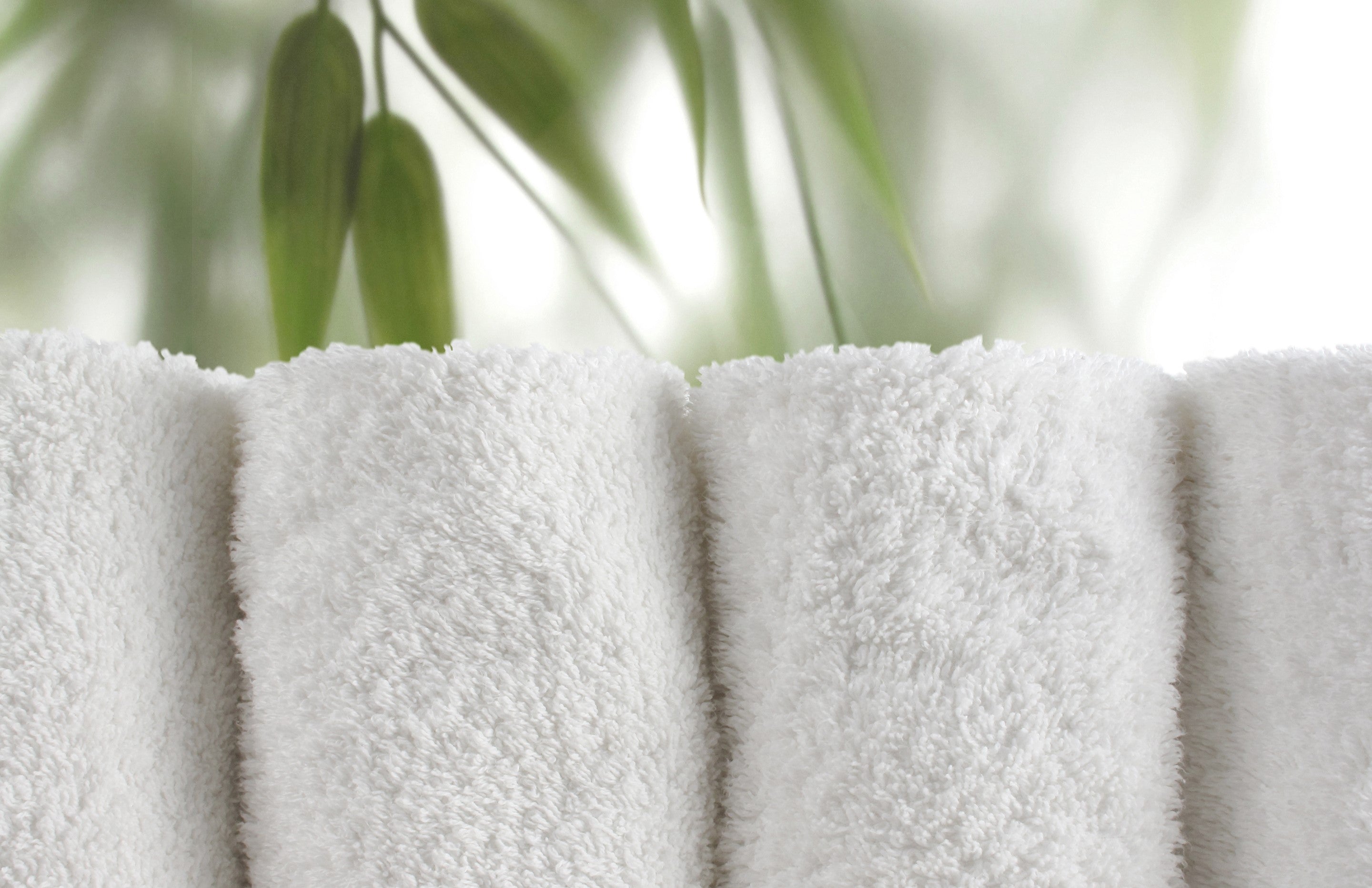World Bamboo Day is an annual event dedicated to promoting the use of bamboo and to raise awareness of the positive ways it can be used. It is celebrated on September 18th each year.
This special day, supported by the World Bamboo Organization, provides a platform to highlight the significance of bamboo as a versatile, renewable, and sustainable resource with a wide range of applications in various industries, including construction, agriculture, textiles, and many more.
World Bamboo Day also serves as a reminder of the plant's potential in contributing to environmental conservation and sustainable development worldwide.
Why bamboo?
Bamboo, a fast-growing grass native to many parts of the world, has become a poster child for sustainable production.

There are several reasons why bamboo has gained popularity as an eco-friendly material and we will briefly outline them here:
Rapid growth and regeneration
Bamboo is one of the fastest-growing plants on the planet, with some bamboo species able to grow up to 36 inches in a day!
This rapid growth allows for quicker harvest cycles compared to traditional hardwoods, which take decades to mature.
And unlike trees, when bamboo is harvested, it doesn't need to be replanted. Its extensive root system continues to grow, making it a self-renewing resource.
Low environmental impact
Bamboo plants possess natural defences that make it resilient to pests, reducing the need for pesticides in its cultivation, reducing the environmental impact associated with its cultivation.
Bamboo is also well-adapted to thrive in a variety of environments, and its water requirements are relatively low compared to many other plants.

Bamboo's natural adaptations and efficient water use make it a sustainable choice for regions where water resources may be limited or where water conservation is a priority.
This makes it an excellent option for promoting eco-friendly and water-conscious agricultural practices.
Carbon Sequestration
Bamboo is exceptionally efficient at sequestering carbon dioxide (CO2) from the atmosphere.
It is considered a carbon-negative plant, which means that it absorbs more CO2 during its growth than it emits when it is harvested and processed.
Diverse Applications
Bamboo is being used to create a wide range of products across various industries due to its sustainability, versatility, and durability.

Some examples of products that are commonly made from bamboo: construction materials, furniture, textiles and apparel, paper and stationary, kitchenware, household items, gardening & outdoor products, toiletries and personal care products, musical instruments and bicycle frames.
Bamboo Towels: A Sustainable Choice
One of the most popular applications of bamboo in recent years has been in the production of towels.
Here's why bamboo towels have gained such acclaim:
Supersoft Softness
Bamboo fibres are incredibly soft, making them perfect for sensitive skin.
The fibres have a smooth and round surface with no sharp spurs or burrs. This creates a soft texture that feels comfortable against the skin.

Bamboo fibres are also very fine, often finer than cotton fibres. This fineness contributes to the softness of fabrics made from bamboo.
Bamboo has natural properties that make it resistant to bacteria and fungi. This not only contributes to its overall hygiene but also helps maintain its softness over time.
Incredible Absorbency
Bamboo fibres are highly absorbent, capable of wicking away moisture more efficiently than cotton.
The fibres are partially hollow, which allows them to carry moisture away from the body. This characteristic enhances their moisture-wicking and absorbent properties.
Bamboo fibres also have micro-gaps, or small channels, which help in absorbing and evaporating moisture quickly.
Hypoallergenic Properties
Bamboo fibres have natural antibacterial and hypoallergenic properties, making them an excellent choice for those with allergies or sensitive skin conditions.

Bamboo towels therefore have natural properties that make them resistant to bacteria, mould, and mildew. This reduces the likelihood of allergens accumulating on the towel's surface.
Bamboo towels are also often produced using a closed-loop process, which means that harsh chemicals are not used in their production. This reduces the chance of residual chemicals causing skin irritation.
Durability
Despite its softness, bamboo is surprisingly durable. Bamboo towels can withstand regular washing and maintain their quality over time.
Bamboo fibres have a high tensile strength, meaning they can withstand a significant amount of pulling or stretching force before breaking. This all makes bamboo a robust and durable material.
Environmental Impact
As we mentioned above, bamboo towels are produced using a closed-loop process that minimises waste and chemicals.
A closed-loop process, also known as a closed-loop system or closed-cycle system, is an industrial or manufacturing process in which the waste or by-products of one stage of the process are recycled and used as inputs in another stage, with little to no waste or emissions released into the environment.

In the production of bamboo or other sustainable fibres, a closed-loop process might involve recycling water and chemicals used in the dying and finishing process.
Biodegradability
At the end of their lifecycle, bamboo towels are biodegradable, meaning they can return to the earth without leaving a lasting footprint.
When bamboo towels reach the end of their lifespan, they can be composted or disposed of in a way that allows them to decompose naturally.
This is in contrast to synthetic materials like polyester, which do not biodegrade and can persist in the environment for a very long time.
Sustainable living with Bamboo
World Bamboo Day serves as a reminder of the incredible potential that bamboo holds for a sustainable future.
From its rapid growth and low environmental impact to its diverse applications, bamboo stands as a beacon of hope for more eco-conscious practices.
When it comes to everyday products like towels, opting for those made from bamboo fibres can make a significant difference.
Not only are they luxurious and soft, but they also represent a conscious choice towards a greener planet.
As we looking forward to celebrating World Bamboo Day in just over a weeks time, let us reflect on the power of this remarkable plant and continue to seek out innovative ways to integrate it into our lives for a more sustainable and harmonious world.


